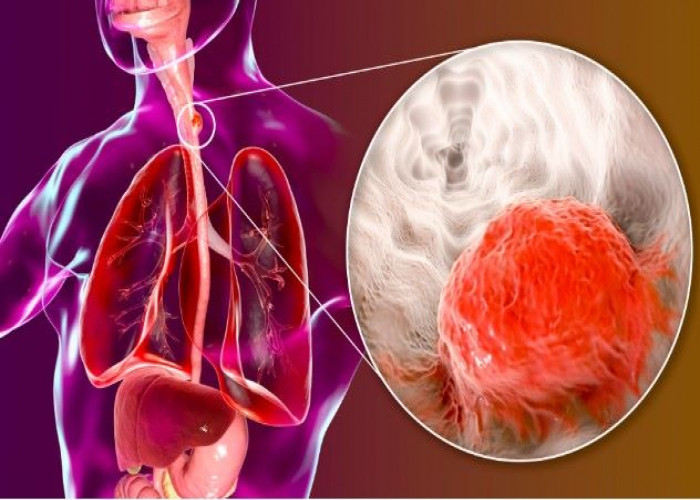 Welcome
Welcome
“May all be happy, may all be healed, may all be at peace and may no one ever suffer."
Esophageal cancer

Esophageal cancer is a type of cancer that develops in the cells of the esophagus, the muscular tube that connects the throat to the stomach. There are two main types of esophageal cancer: squamous cell carcinoma and adenocarcinoma. Squamous cell carcinoma typically develops in the upper part of the esophagus, while adenocarcinoma typically develops in the lower part of the esophagus.
Esophageal cancer may not cause any symptoms in its early stages, but as it progresses, symptoms may include difficulty swallowing, chest pain or discomfort, weight loss, and hoarseness. The exact cause of esophageal cancer is not known, but risk factors can include tobacco and alcohol use, gastroesophageal reflux disease (GERD), obesity, and a diet low in fruits and vegetables.
Diagnosis of esophageal cancer may involve imaging tests such as a CT scan or PET scan, as well as a biopsy to confirm the diagnosis. Treatment options may include surgery, radiation therapy, chemotherapy, or a combination of these treatments. The choice of treatment depends on the stage of the cancer and the patient's overall health.
Prevention of esophageal cancer can involve reducing risk factors such as avoiding tobacco and excessive alcohol consumption, maintaining a healthy weight, and treating GERD if present. Eating a healthy diet high in fruits and vegetables and low in processed and red meats may also help reduce the risk of esophageal cancer.
Research Papers
Disease Signs and Symptoms
- Difficulty swallowing (dysphagia)
- Weight loss
- Chest pain
- Heartburn
- Hoarseness
Disease Causes
Esophageal cancer
It's not exactly clear what causes esophageal cancer.
Esophageal cancer occurs when cells in the esophagus develop changes (mutations) in their DNA. The changes make cells grow and divide out of control. The accumulating abnormal cells form a tumor in the esophagus that can grow to invade nearby structures and spread to other parts of the body.
Types of esophageal cancer
Esophageal cancer is classified according to the type of cells that are involved. The type of esophageal cancer you have helps determine your treatment options. Types of esophageal cancer include:
- Adenocarcinoma. Adenocarcinoma begins in the cells of mucus-secreting glands in the esophagus. Adenocarcinoma occurs most often in the lower portion of the esophagus. Adenocarcinoma is the most common form of esophageal cancer in the United States, and it affects primarily white men.
- Squamous cell carcinoma. The squamous cells are flat, thin cells that line the surface of the esophagus. Squamous cell carcinoma occurs most often in the upper and middle portions of the esophagus. Squamous cell carcinoma is the most prevalent esophageal cancer worldwide.
- Other rare types. Some rare forms of esophageal cancer include small cell carcinoma, sarcoma, lymphoma, melanoma and choriocarcinoma.
Disease Prevents
Esophageal cancer
You can take steps to reduce your risk of esophageal cancer. For instance:
- Quit smoking. If you smoke, talk to your doctor about strategies for quitting. Medications and counseling are available to help you quit. If you don't use tobacco, don't start.
- Drink alcohol in moderation, if at all. If you choose to drink alcohol, do so in moderation. For healthy adults, that means up to one drink a day for women and up to two drinks a day for men.
- Eat more fruits and vegetables. Add a variety of colorful fruits and vegetables to your diet.
- Maintain a healthy weight. If you are overweight or obese, talk to your doctor about strategies to help you lose weight. Aim for a slow and steady weight loss of 1 or 2 pounds a week.
Disease Treatments
What treatments you receive for esophageal cancer are based on the type of cells involved in your cancer, your cancer's stage, your overall health and your preferences for treatment.
Surgery
Surgery to remove the cancer can be used alone or in combination with other treatments.
Operations used to treat esophageal cancer include:
- Surgery to remove very small tumors. If your cancer is very small, confined to the superficial layers of your esophagus and hasn't spread, your surgeon may recommend removing the cancer and margin of healthy tissue that surrounds it. Surgery can be done using an endoscope passed down your throat and into your esophagus.
- Surgery to remove a portion of the esophagus (esophagectomy). During esophagectomy, the surgeon removes the portion of your esophagus that contains the cancer, along with a portion of the upper part of your stomach, and nearby lymph nodes. The remaining esophagus is reconnected to your stomach. Usually this is done by pulling the stomach up to meet the remaining esophagus.
- Surgery to remove part of your esophagus and the upper portion of your stomach (esophagogastrectomy). During esophagogastrectomy, the surgeon removes part of your esophagus, nearby lymph nodes and a larger part of your stomach. The remainder of your stomach is then pulled up and reattached to your esophagus. If necessary, part of your colon is used to help join the two.
Esophageal cancer surgery carries a risk of serious complications, such as infection, bleeding and leakage from the area where the remaining esophagus is reattached to the stomach.
Surgery to remove your esophagus can be performed as an open procedure using large incisions or with special surgical tools inserted through several small incisions in your skin (laparoscopically). How your surgery is performed depends on your individual situation and your surgeon's particular approach to managing it.
Treatments for complications
Treatments for esophageal obstruction and difficulty swallowing (dysphagia) can include:
- Relieving esophageal obstruction. If your esophageal cancer has narrowed your esophagus, a surgeon may use an endoscope and special tools to place a metal tube (stent) to hold the esophagus open. Other options include surgery, radiation therapy, chemotherapy, laser therapy and photodynamic therapy.
- Providing nutrition. Your doctor may recommend a feeding tube if you're having trouble swallowing or if you're having esophagus surgery. A feeding tube allows nutrition to be delivered directly to your stomach or small intestine, giving your esophagus time to heal after cancer treatment.
Chemotherapy
Chemotherapy is drug treatment that uses chemicals to kill cancer cells. Chemotherapy drugs are typically used before (neoadjuvant) or after (adjuvant) surgery in people with esophageal cancer. Chemotherapy can also be combined with radiation therapy.
In people with advanced cancer that has spread beyond the esophagus, chemotherapy may be used alone to help relieve signs and symptoms caused by the cancer.
The chemotherapy side effects that you experience depend on which chemotherapy drugs you receive.
Radiation therapy
Radiation therapy uses high-energy beams, such as X-rays and protons, to kill cancer cells. Radiation typically will come from a machine outside your body that aims the beams at your cancer (external beam radiation). Or, less commonly, radiation can be placed inside your body near the cancer (brachytherapy).
Radiation therapy is most often combined with chemotherapy in people with esophageal cancer. It's typically used before surgery, or occasionally after surgery. Radiation therapy is also used to relieve complications of advanced esophageal cancer, such as when a tumor grows large enough to stop food from passing to your stomach.
Side effects of radiation to the esophagus include sunburn-like skin reactions, painful or difficult swallowing, and damage to nearby organs, such as the lungs and heart.
Combined chemotherapy and radiation
Combining chemotherapy and radiation therapy may enhance the effectiveness of each treatment. Combined chemotherapy and radiation may be the only treatment you receive, or combined therapy can be used before surgery. But combining chemotherapy and radiation treatments increases the likelihood and severity of side effects.
Targeted drug therapy
Targeted drug treatments focus on specific weaknesses present within cancer cells. By blocking these weaknesses, targeted drug treatments can cause cancer cells to die. For esophageal cancer, targeted drugs are usually combined with chemotherapy for advanced cancers or cancers that don't respond to other treatments.
Immunotherapy
Immunotherapy is a drug treatment that helps your immune system to fight cancer. Your body's disease-fighting immune system might not attack cancer because the cancer cells produce proteins that make it hard for the immune system cells to recognize the cancer cells as dangerous. Immunotherapy works by interfering with that process. For esophageal cancer, immunotherapy might be used when the cancer is advanced, cancer has come back or the cancer has spread to other parts of the body.
Disease Diagnoses
Disease Allopathic Generics
Disease Ayurvedic Generics
Disease Homeopathic Generics
Disease yoga
Esophageal cancer and Learn More about Diseases

Thunderclap headaches
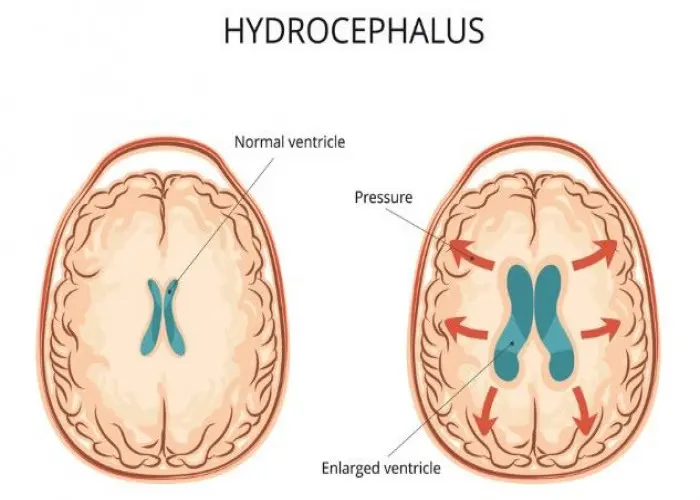
Hydrocephalus
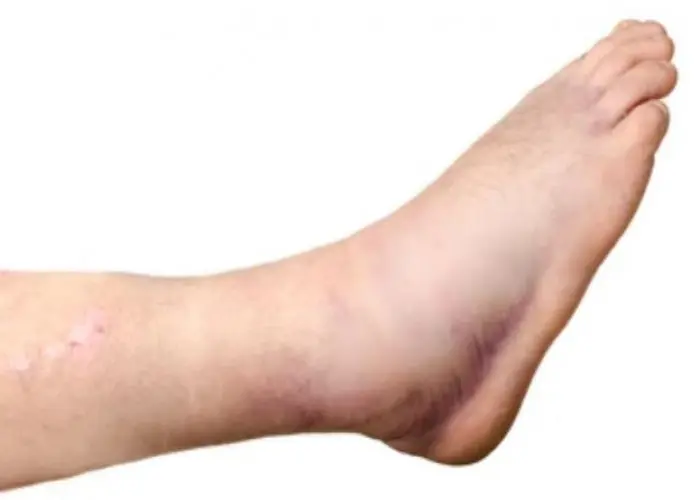
Broken ankle
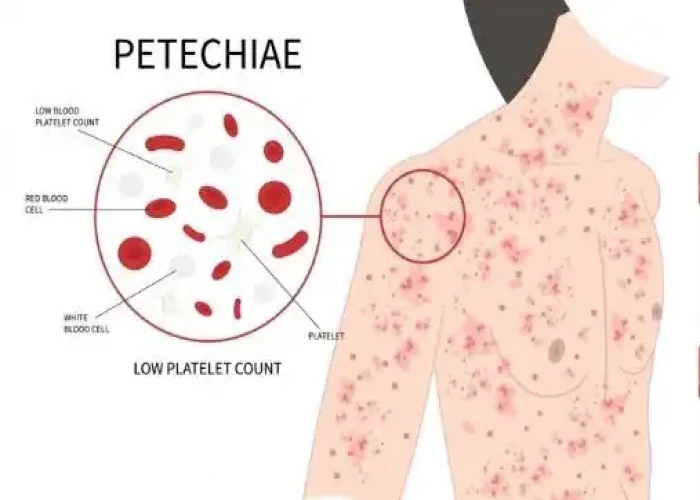
Thrombocytopenia (low platelet count)

Preterm labor
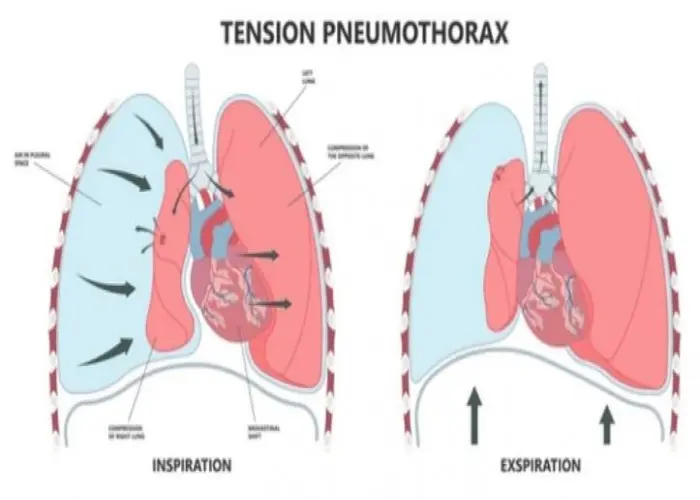
Atelectasis
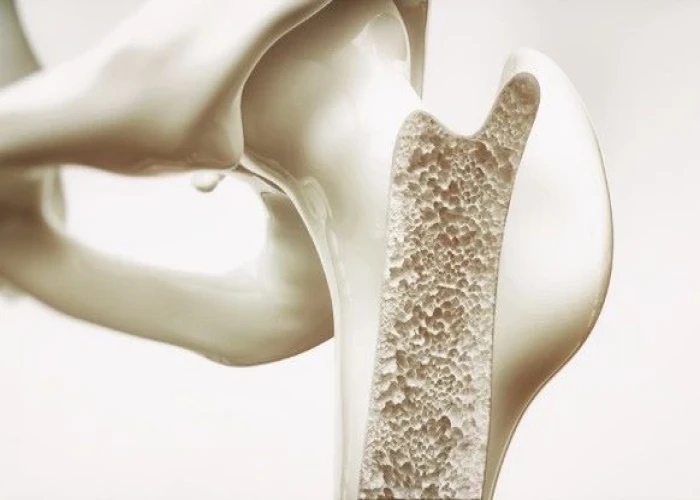
Osteoporosis
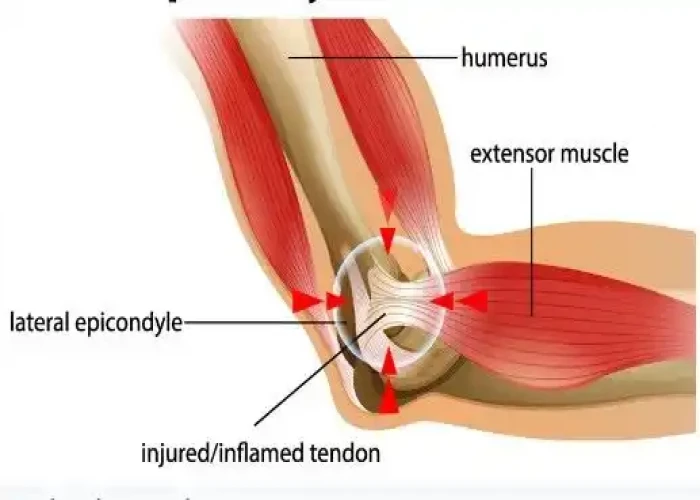
Tennis elbow
esophageal cancer, খাদ্যনালী ক্যান্সার
To be happy, beautiful, healthy, wealthy, hale and long-lived stay with DM3S.
